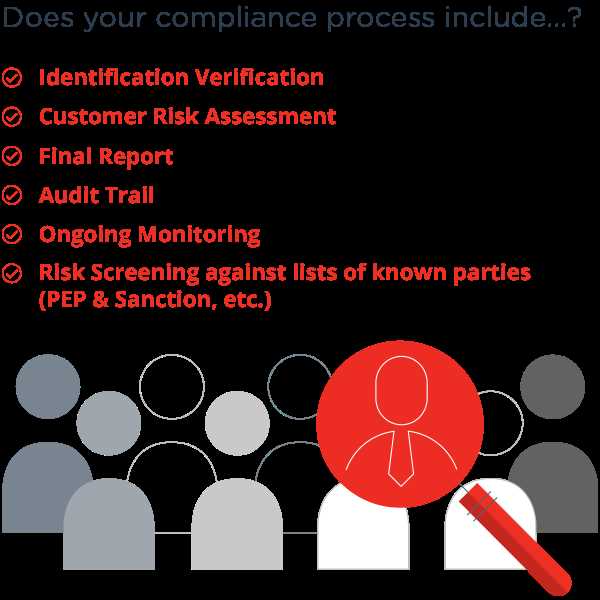What is KYC?

KYC, or Know Your Client, is a compliance process that financial institutions and other businesses must follow to verify the identity of their customers. It is a crucial step in preventing money laundering, fraud, and other financial crimes.
By implementing KYC procedures, businesses can establish a level of trust with their customers and comply with regulatory requirements. It also helps them detect and prevent potential risks and maintain the integrity of their operations.
During the KYC process, customers may be required to provide documents such as passports, driver’s licenses, utility bills, bank statements, and other identification proofs. These documents are then verified by the business through various means, such as comparing them with government databases or contacting the issuing authorities.
Overall, KYC plays a vital role in maintaining the security and integrity of financial systems and preventing illegal activities. It is an essential part of the due diligence process for businesses and helps protect both the business and its customers from potential risks.
| Benefits of KYC: |
|---|
| 1. Enhanced security and risk management |
| 2. Compliance with regulatory requirements |
| 3. Prevention of money laundering and fraud |
| 4. Protection of business reputation |
| 5. Establishing trust with customers |

Emily Bibb simplifies finance through bestselling books and articles, bridging complex concepts for everyday understanding. Engaging audiences via social media, she shares insights for financial success. Active in seminars and philanthropy, Bibb aims to create a more financially informed society, driven by her passion for empowering others.
